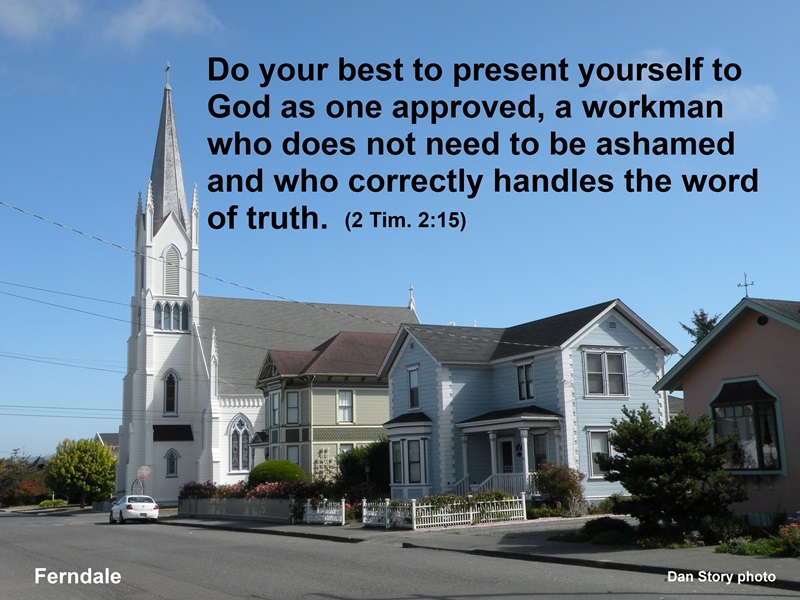
Number Two: Stay with the Essentials
Most non-Christians know little about the Bible or what Christians believe—and what they think they know is often in error. In his book, God in the Dock, C.S Lewis describes the formation of the “Socratic Club” at Oxford in the early 1940s. The club met weekly to debate the pros and cons of Christianity with skeptics. Lewis recounts that:
We of the Christian party discovered that the weight of the sceptical (sic) attack did not always come where we expected it; our opponents had to correct what seems to us their almost bottomless ignorance of the Faith they supposed themselves to be rejecting.
Even many scholarly skeptics are woefully ignorant of much of Christianity, so when sharing the Gospel avoid theological subjects that may confuse unbelievers, such as eschatology or predestination. Likewise, avoid in-house issues such as speaking in tongues, hymns vs. praise music, method of baptism, and so on. We should never muddy the waters of good evangelism with topics Christians may rightfully disagree (see Romans 14 and 1 Cor. 8).
In a word, stay with the essentials—areas of doctrine that unite Christians, not divine them. The Apostle Paul summarizes the essentials in 1 Cor. 15:3-4: “For I deliver to you as of first importance what I also received, that Christ died for our sins according to the Scriptures, and that He was buried, and that He was raised on the third day according to the Scriptures.” This passage encapsulates the essential Christian message, the “good news” of the Gospel: The death and resurrection of our Lord Jesus Christ for the forgiveness of sins (see Rom. 5:8; 6:23).
Don’t be discouraged when an unbeliever fails to respond to the Gospel. The Holy Spirit is the agent of conviction—not us. In John 6:44, Jesus says, “No one can come to me, unless the Father who sent me draws Him” (also Acts 11:19-21; 16:14; 1 Cor. 3:6-7). Take the pressure off yourself. No matter how much we wish loved ones to be saved, we can’t save them ourselves—and should not feel guilty because our words seem ineffective. Keep them in prayer. As James said, “The prayer of a righteous man is powerful and effective” (5:16).
Apologetics is a tool of the Holy Spirit. In evangelism, it can create an environment in which the Holy Spirit is free to work. But it is always the Holy Spirit who convicts, convinces, and converts. The “Four Spiritual Laws,” the “Roman Road to Salvation,” your personal testimony, or the most eloquent and compelling sermon, will not save anyone unless God is using it at that moment in time.
In sum, as much as possible, as we saw in last week’s blog post, always try to begin a witnessing encounter with the Gospel. Confirm the Message by sharing your testimony. This will make your conversion experience subjectively real by demonstrating the life-transforming power of the Holy Spirit in your own life. If God has not prepared that person to respond to the Gospel, he will raise an objection. When this happens, switch from proclamation to apologetics.
Next week’s blog will discuss the importance of understanding the “goal” of apologetics and why this doesn’t mean we must give all possible solutions to a skeptic’s objections or even our personal choice.